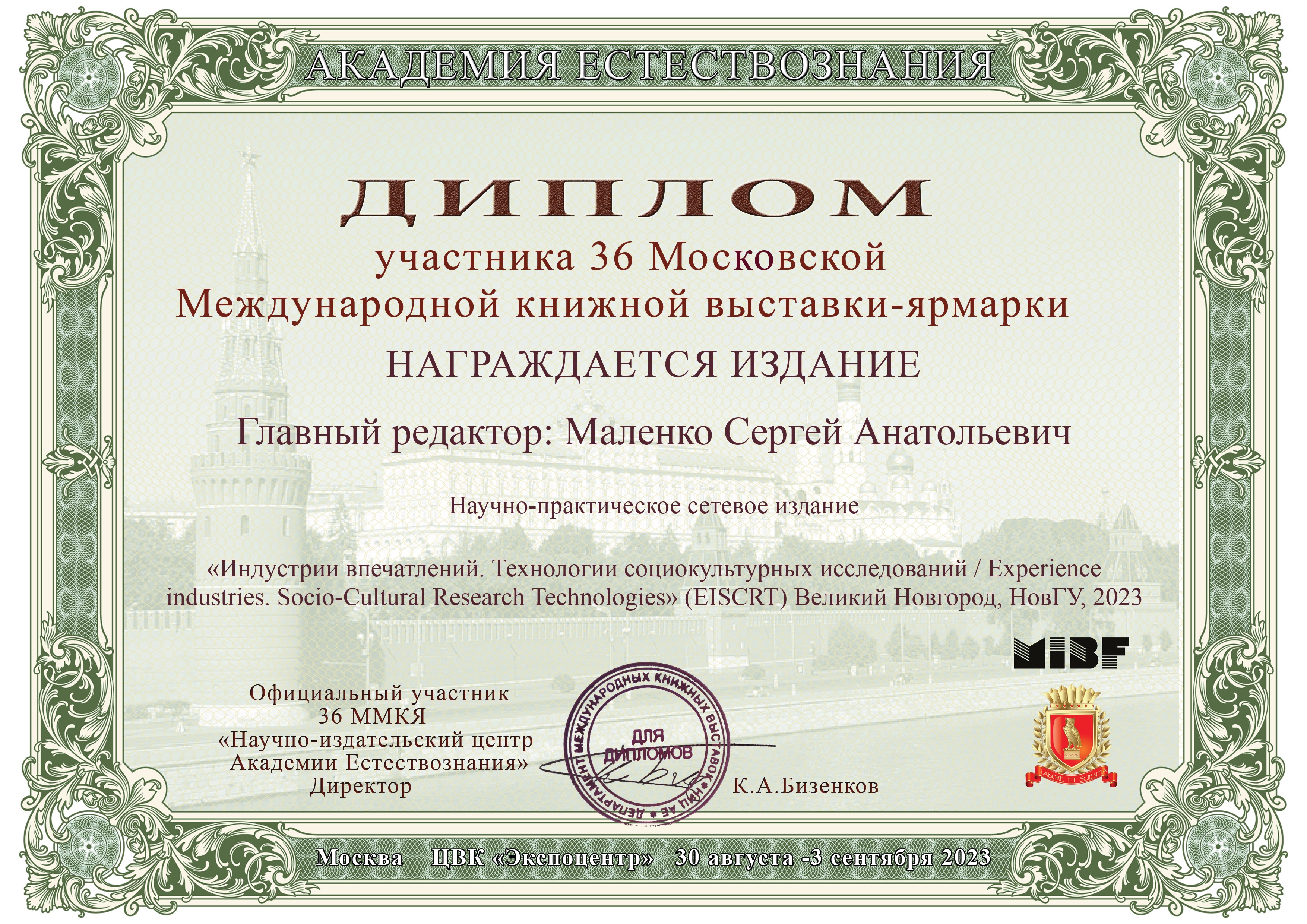WHEN CINEMA IS NOT JUST MASS CULTURE, BUT ALSO A SUPPORT FOR LEARNING
DOI:
https://doi.org/10.34680/EISCRT-2025-2(11)-19-38Keywords:
feature films, educational process, university, humanities, history, educational opportunities of cinema, educational potential of filmsAbstract
The article is devoted to the consideration of certain aspects of the use of feature films in the educational process in higher education institutions. The researchers did not analyze the possibilities of using documentaries and arthouse films in teaching, therefore the text provides examples of exclusively feature films used in the process of training students in the humanities. The most typical examples, in our opinion, are films of French and American production. The quality of the films mentioned in this text is not discussed, but the authors of the article recognize the possibility of their use in the educational process. The films mentioned in the text can be used primarily in the course of teaching "Modern History". It is noted that the list of films that can be used in the educational process and similar topics described in this article is quite large. Of course, a significant part of this large list should also consist of films of domestic production. The use of film materials in the educational process, due to their clarity and comprehensibility in terms of conveying the main ideas and meanings, can be very effective.








